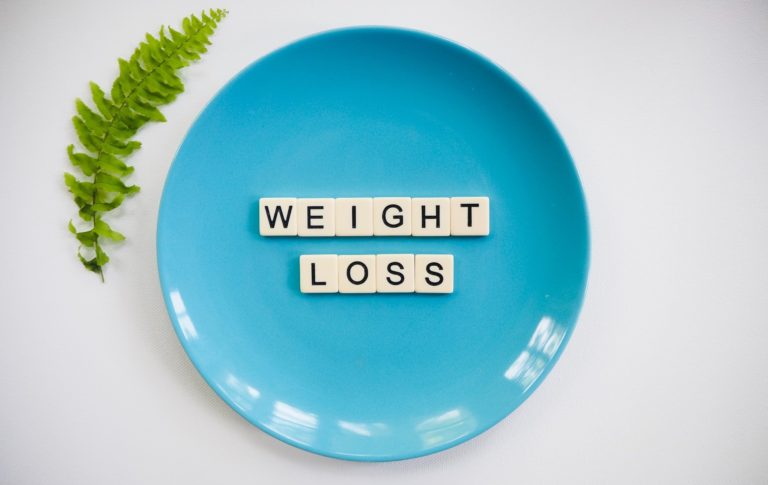Obesity and the encouragement required
In current times, most people in the world would agree that being fat is synonymous with being ugly, as a minimum, that is what many “fashionistas” and design icons think. As we all know, our perception is shaped by society. Value is perceived in all things that are pleasing to the eye. Society somehow dictates that happiness, fame, and success are on hand, in a greater degree of opportunity, to prospects who happen to be “good-looking.” Aesthetics is among the most predominant obsession of media and all kinds of things around us — commercial billboards, magazines, and t.v. advertisements, and every other design of external messages that highlight beauty, symmetry, and what’s referred to as “perfection.”
In the united states today, millions of people are overweight and are considered obese. Being overweight and obese fluctuate in relation to the strict medical definitions. Being overweight will likely be named the illness where a person’s weight is above what is normal or ideal per the established weight measurements as outlined by height and age. Obesity, on the flip side, is a condition each person’s extra weight has already been a health risk. Both conditions normally develop if your person eats more calories than what is usually “burned” through the body through physical exercise or normal metabolism.
There are specific factors that will make others overweight and obese. Family genetics is actually a major factor in why an individual may become overweight or obese. Parents which have been heavyset will also be likely to have heavyset children. According to current studies, about a third of all Americans are overweight or obese. This post is surely alarming not alone attributable to aesthetic reasons, but also, for the impact of this situation on the health of the American population.
An individual who is diagnosed as overweight maybe in circumstances of obesity is more prone to feelings of being unnoticed. That person may eventually have negative opinions regarding their look and feel, which causes low self-esteem. Depression can be experienced by obese people specifically they begin to think their overall look doesn’t and can’t merit the approval of others.
On many occasions, obese and overweight people go into very long stretches of binge eating to seek “comfort” in food as an easy way to deal with their depression. Their unhealthy fitness, paradoxically, leads them to again go back to unhealthy diet plans. Every time a relative, friend, or family member is informed they have treatment plans, it is crucial to be able to get the utmost attention and support. Obesity could be seen as a very low point in most people’s lives for those who consider themselves overweight or obese. But with genuine compassion and understanding, they can receive assistance in dealing with their unhealthy dietary habits. Aside from controlling excessive food consumption, people who are overweight also need to be encouraged to regain their self-esteem.
To help and support those you love in coping with this issue, it is essential to have good and open communication with them. For some patients, it may be essential to seek medical help. Doctors would most certainly prescribe anti-obesity drugs. These medications work by preventing the absorption of fat in the body or by decreasing your appetite. There are also many supplements available today like Exipure, Ikaria Lean Belly Juice that help to lose weight and burn fat.
Certainly, the usage of drugs has to be complemented by regular physical exercise along with sensible eating habits. With frequent exercises like brisk walking, people can burn more calories and consequently lose weight. Sticking to a healthy eating plan, routine workouts, and encouragement from relatives and buddies can help make an overweight or obese person get back faster with respect to health.











